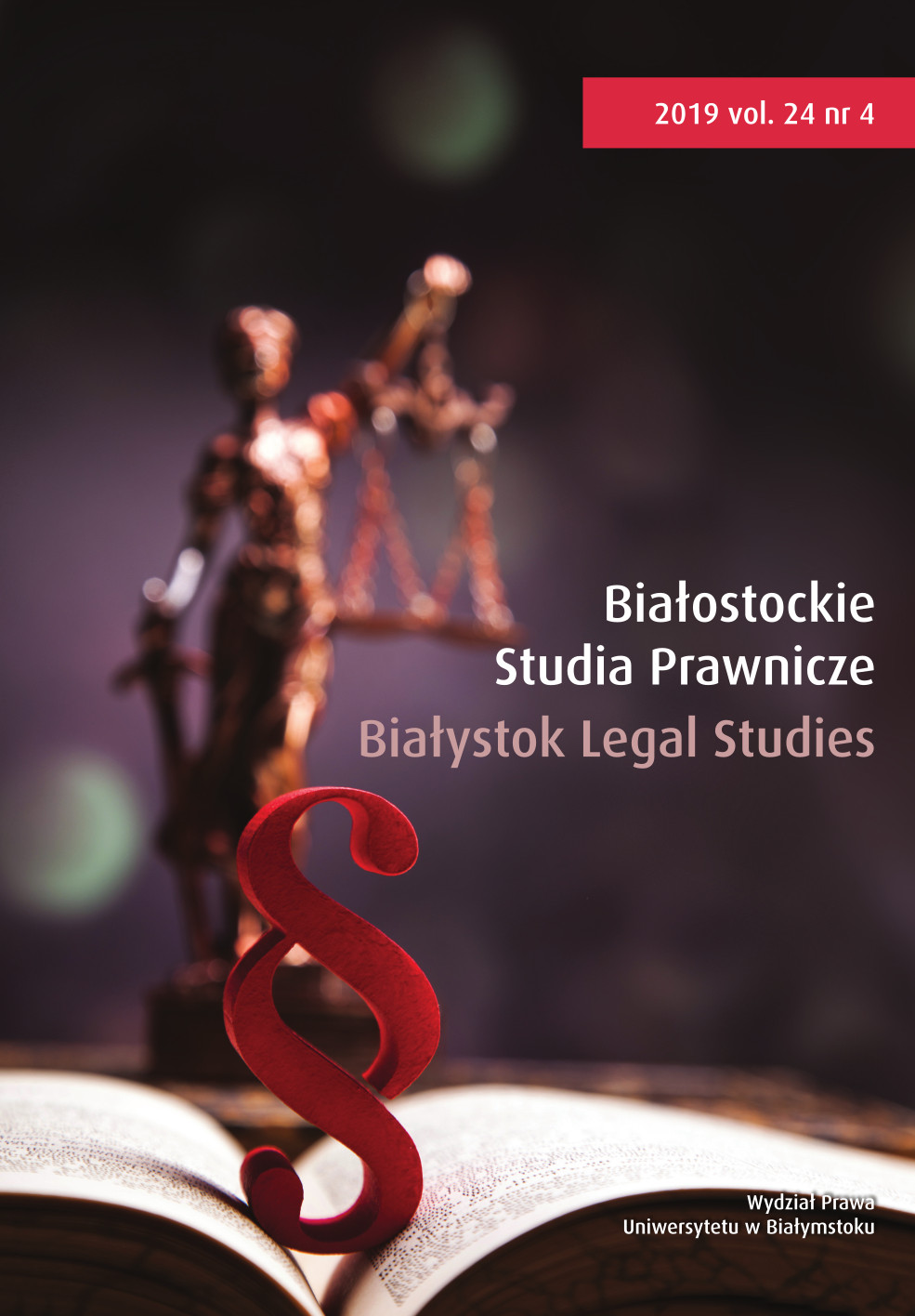Konsekwencje ustrojowe reform systemu wyborczego Fidżi jako państwa funkcjonującego w warunkach społeczeństwa podzielonego etnicznie
Constitutional Consequences of Reforms on the Fijian Electoral System as a State Functioning in the Conditions of an Ethnically Divided Society
Author(s): Justyna Eska-MikołajewskaSubject(s): Law, Constitution, Jurisprudence, Constitutional Law, Sociology of Law
Published by: Temida 2
Keywords: electoral system; constitution; Fiji; ethnicity; ethnically divided society; system wyborczy; konstytucja; Fidżi; tożsamość etniczna; społeczeństwo podzielone etnicznie
Summary/Abstract: The article presents the issues of the Fijian electoral system. As Fiji in the initial period of its existence was a British colony, its legal and political system was influenced by the Westminster form of government. The political system and the policy of independent Fiji have since been shaped by an ethnic factor, and more specifically the relationship between the indigenous population and the Indo-Fijians who have arrived in Fiji since the nineteenth century. The gradual escalation of tension in the state led to as many as four coups, practically alternated with democratic elections, the rules of which have been regulated by four successive constitutions. The analysis undertaken allows to present the evolution of the electoral system against the background of the development of Fijian constitutionalism from the moment of independence until adoption of the Constitution of the Republic of Fiji in 2013. The evaluation of how electoral reforms influenced political cooperation in this state, also allows to indicate that the solution of problems related to its functioning will not occur through frequent institutional changes as they do not create a stable legal framework. Conversely, they contribute to the escalation of the conflict in the struggle for a power that is representative and able to rule. In this article, the author has adopted the following research methods: the critical analysis method and descriptive method as well as the analysis of legal sources.
Journal: Białostockie Studia Prawnicze
- Issue Year: 24/2019
- Issue No: 4
- Page Range: 249-266
- Page Count: 18
- Language: Polish

